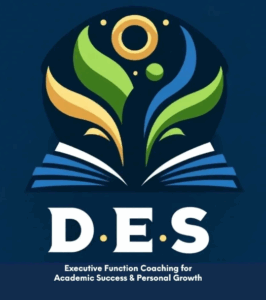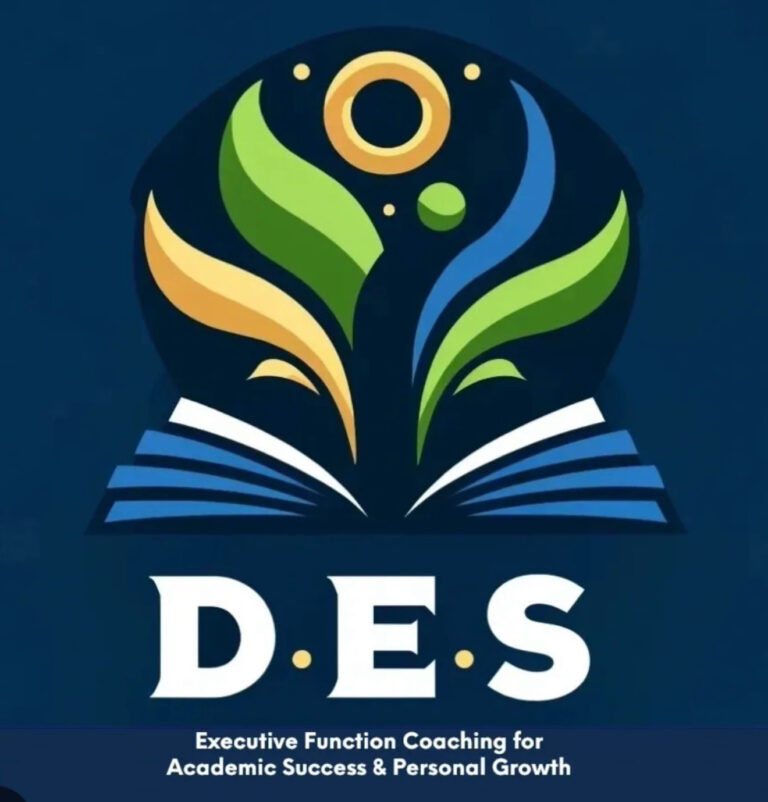Today’s teens, college students, and young adults are growing up in an era of constant connection and constant pressure. National Mental Health Day reminds us that while awareness is improving, support systems often lag behind the reality of what young people are facing.
The Adolescent Mental Health Crisis
Rates of anxiety and depression among adolescents have skyrocketed over the past decade. Between social media comparison (and dopamine overload), academic stress, and the lingering effects of post-pandemic isolation, students are carrying emotional loads far heavier than previous generations. Many feel pressure to perform flawlessly, whether it is in school, on the field, or online.
What they need most is not more performance metrics but consistent emotional support and tools to regulate stress. Open, judgment-free conversations with parents, teachers, and coaches can help normalize mental health as part of overall wellness. Teens should understand that mental health struggles don’t make them weak — they make them human.
College Students and the Weight of Transition
College is often painted as “the best years of your life,” but for many students, it’s when anxiety, depression, and burnout first peak. The transition to independence (managing deadlines, social life, and identity) can trigger a flood of self-doubt.
Universities are beginning to recognize that academic success is impossible without emotional stability. Counseling centers, peer-support groups, and executive functioning coaching can make the difference between surviving and thriving. Simple habits such as consistent sleep, balanced nutrition, and scheduled breaks are not luxuries; they are mental-health strategies.
Young Adults and the Post-College Cliff
Once the structure of school disappears, young adults often face what’s known as the “post-college cliff.” They’re expected to immediately “adult” and manage finances, careers, and relationships, but without guidance. Artificial intelligence has replaced many of the entry-level positions once considered expected for college graduates. In fact, the unemployment rate for recent male college graduates (ages ~22–27) has climbed from under 5% to around 7%, which is double the overall rate for the labor market. Social media doesn’t help, bombarding them with highlight reels of peers who seem more successful or settled.
This stage requires redefining success around progress, not perfection. Regular exercise, community involvement (not booze-fueled kickball leagues), and mentorship provide critical grounding. And while therapy and coaching remain powerful tools, even daily self-check-ins — asking “What do I need right now?” — can prevent small stressors from spiraling into full-blown burnout.
Building a Culture of Care
The truth is simple: mental health isn’t a trend; it’s health. Parents, educators, and employers must model healthy emotional habits. Checking in without judgment, setting realistic expectations, and encouraging digital boundaries can protect the next generation’s mental resilience.
If you’re a student or young adult struggling, know this: asking for help is not a setback; it’s a step forward. And if you’re a parent or educator, the best thing you can do is listen, empathize, and remind young people that they are more than their grades, jobs, or social feeds.

